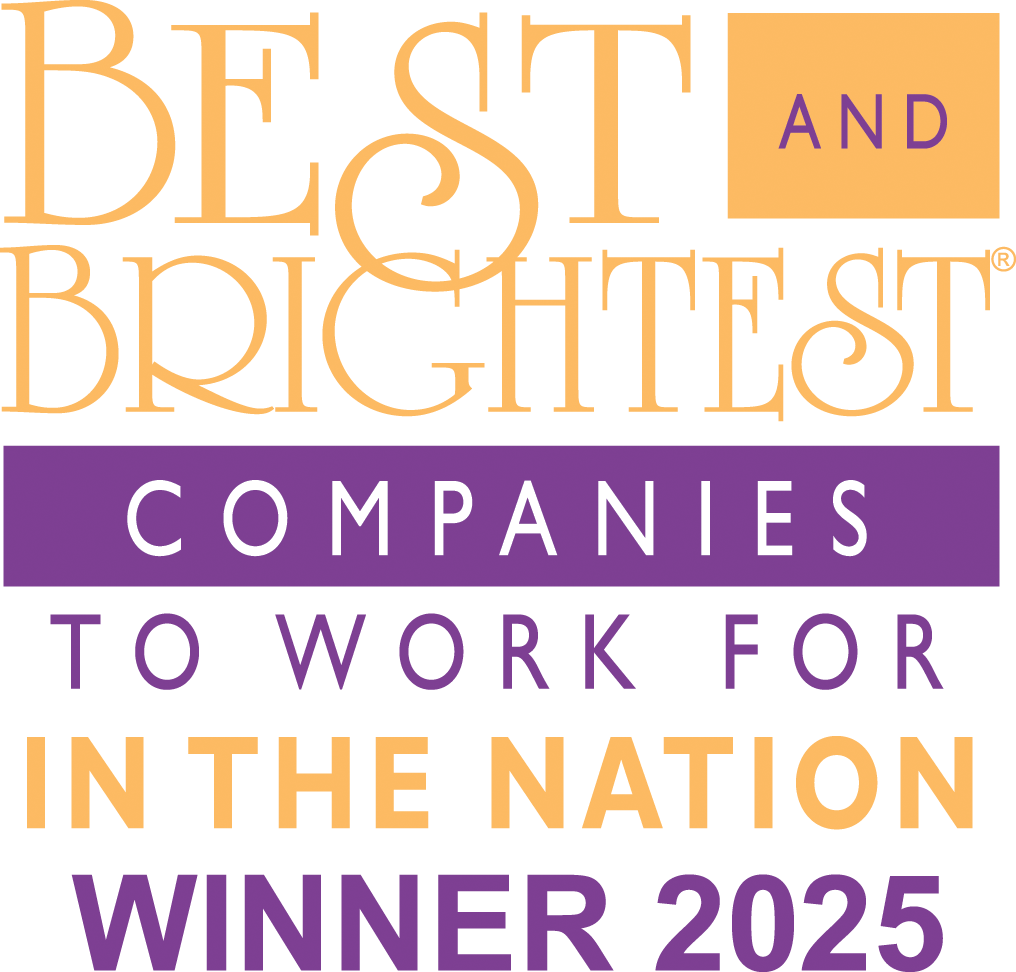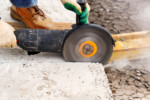
Working near power lines is serious business for construction workers. Each year, workers are needlessly hurt on the job because they fail to use caution when digging in the vicinity of power lines. Electricity – whether above-ground or underground – is a powerful force, and using caution is the best way to avoid injury or death.

The Occupational Safety and Health Administration (OSHA) continuously provides employers and workers with information and guidance on the evolving coronavirus pandemic. Recently, OSHA published two additional answers to its list of COVID-19 frequently asked questions (FAQs). The new answers clarify when employers must report COVID-19 in-patient hospitalizations and fatalities.

If you run a small business, you may be surprised to learn that the average cost of an employment-related lawsuit exceeds $270,000. More surprising is a recent study that revealed over half of all claims filed for employment-related liabilities are against employers with fewer than 50 employees. The same study also indicated that not even 2 percent of small businesses have employment practices liability (EPL) coverage.
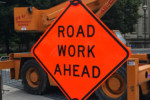
When conducting road construction or repair work, it’s up to roadside workers to protect the public and themselves from dangerous accidents. Unfortunately, when a motorist is confused, distracted or driving recklessly, a roadside construction zone has the potential to become deadly.
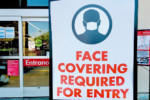
As the COVID-19 crisis continues to impact businesses across the country, a growing number of confrontations have occurred when workers attempt to enforce their establishment’s COVID-19 prevention policies. As a result, the Centers for Disease Control and Prevention (CDC) recently issued new guidance instructing employees not to force any customer who appears upset or potentially violent to comply with their workplace’s COVID-19 prevention requirements.
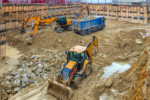
Many contractors assume an environmental claim will be covered under their commercial general liability (CGL) policy. The unfortunate reality is that most CGLs contain pollution exclusions that leave contractors uninsured in the event of a pollution incident. Thankfully, contractors are increasingly turning to Contractors Pollution Liability (CPL) Insurance to ensure they have the right coverage in place to remain secure and profitable.

With an unprecedented number of Americans working from home as a result of the Coronavirus pandemic, employers have become increasingly aware of a new threat—cyber criminals seeking to capitalize on COVID-19. Cyber scammers will pose as charities or legitimate websites to lure victims into sending money, revealing personal information, or unwittingly disclosing sensitive data that could compromise their employer’s security.

There are a lot of great reasons for purchasing a home security system. At the top of the list is the shield of protection it provides for you and your family. You also get the peace of mind that comes from knowing that would-be burglars will think twice when they discover your home is well protected and monitored. The mere presence of a security system lawn sign can serve as a deterrent.
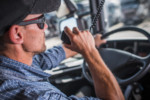
If your company maintains a fleet – whether it be a handful of cars or dozens of commercial vehicles – you’re well aware of the positive impact efficient fleet management can have on your bottom line. But managing a fleet and drivers can be a challenge, particularly given the potential for accidents, employee injuries, liability concerns and increased costs associated with vehicle upkeep.

The American economy has experienced an unprecedented downturn as a result of the COVID-19 crisis. Decreased revenue has forced many employers to consider laying off workers to save costs. However, with layoffs comes the inherent risk of being sued by a terminated worker.
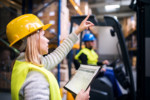
In today’s business environment, safety-related costs can be the difference between reporting a profit or a loss. In fact, according to the Occupational Safety and Health Administration (OSHA), workplaces that establish safety and health management systems can reduce their injury and illness costs by 20 to 40 percent. An effective safety program can also improve productivity and increase employee morale on the road.

With ample public information about fall hazards widely available, preventing residential construction workers from falling off roofs should be simple. Yet, injuries and deaths continue to mount. In fact, according to data from the U.S. Department of Labor’s (DOL) Bureau of Labor Statistics, an average of 40 workers are killed each year as a result of falls from residential roofs—the number one cause of workplace deaths in construction.

Detecting workplace hazards and preventing accidents is a responsibility that falls on every employee of an organization. This is especially true as businesses across the country resume operations in the wake of the COVID-19 crisis.
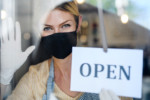
The fact that nearly all stay-at-home orders resulting from the COVID-19 pandemic have been lifted is great news for nonessential businesses across the country. However, returning to normal business operations will in itself be a challenge.
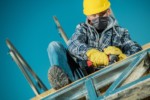
As more and more American workers return to their jobs following the coronavirus (COVID-19) outbreak, businesses need to rethink their daily operations to ensure the safety of their employees and the general public. This is no different for construction firms, where multiple contractors and tradespeople on a job site may be working in the same space at any one time.

When Michigan’s new auto insurance laws take effect, one of the key decisions you’ll face involves liability coverage. This coverage protects drivers from legal damages if they cause an accident that results in another person’s serious injury or death.


